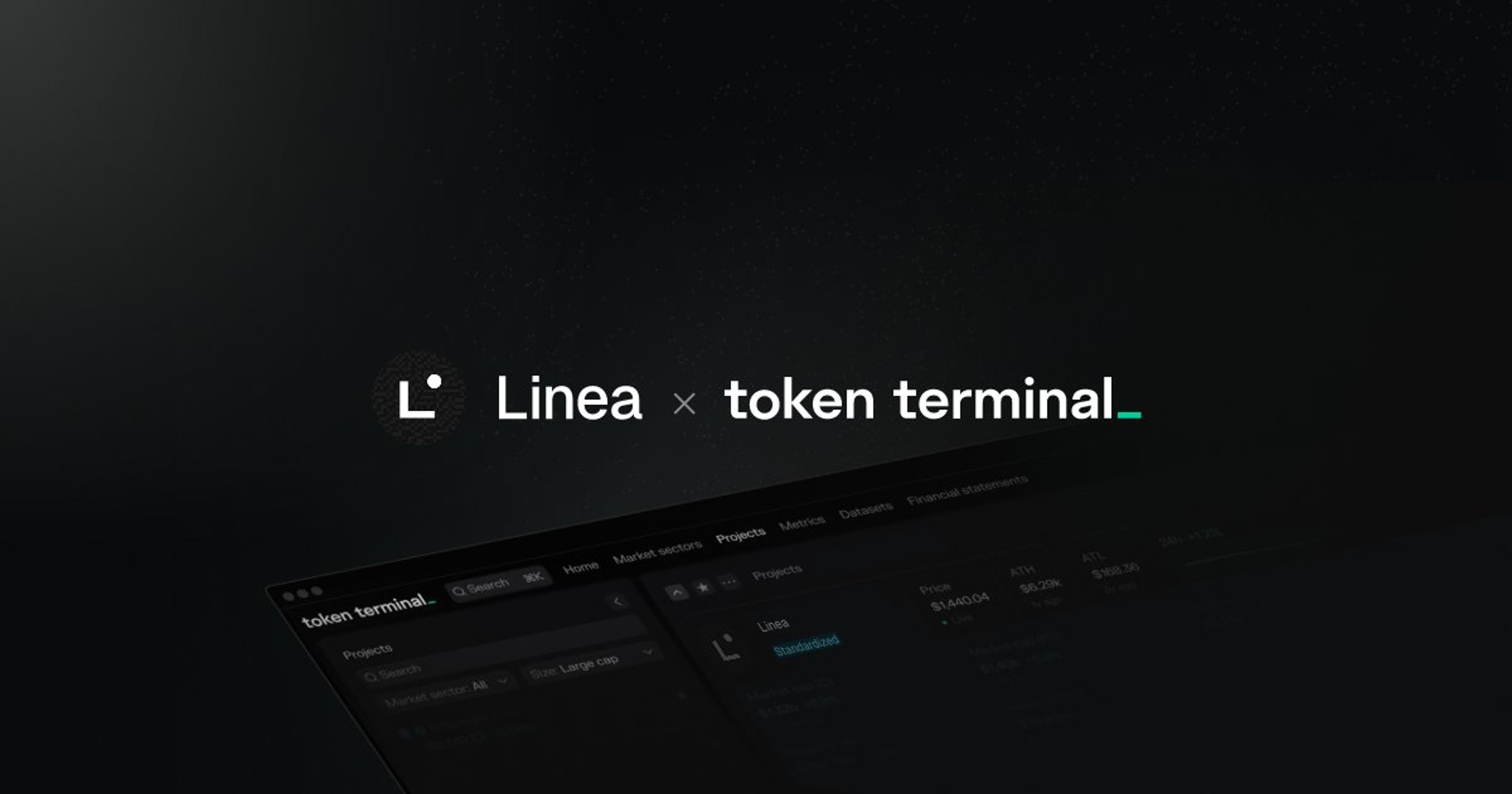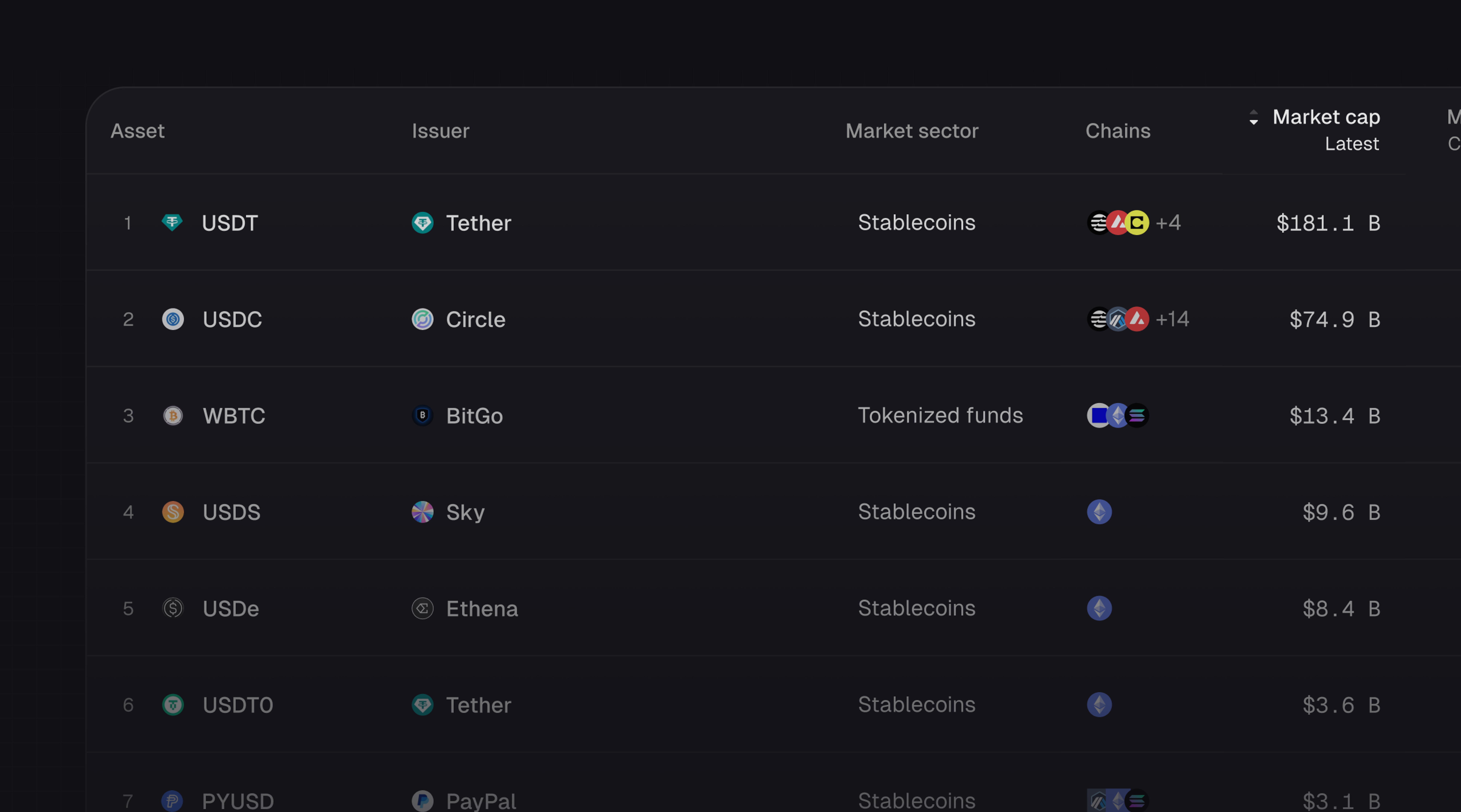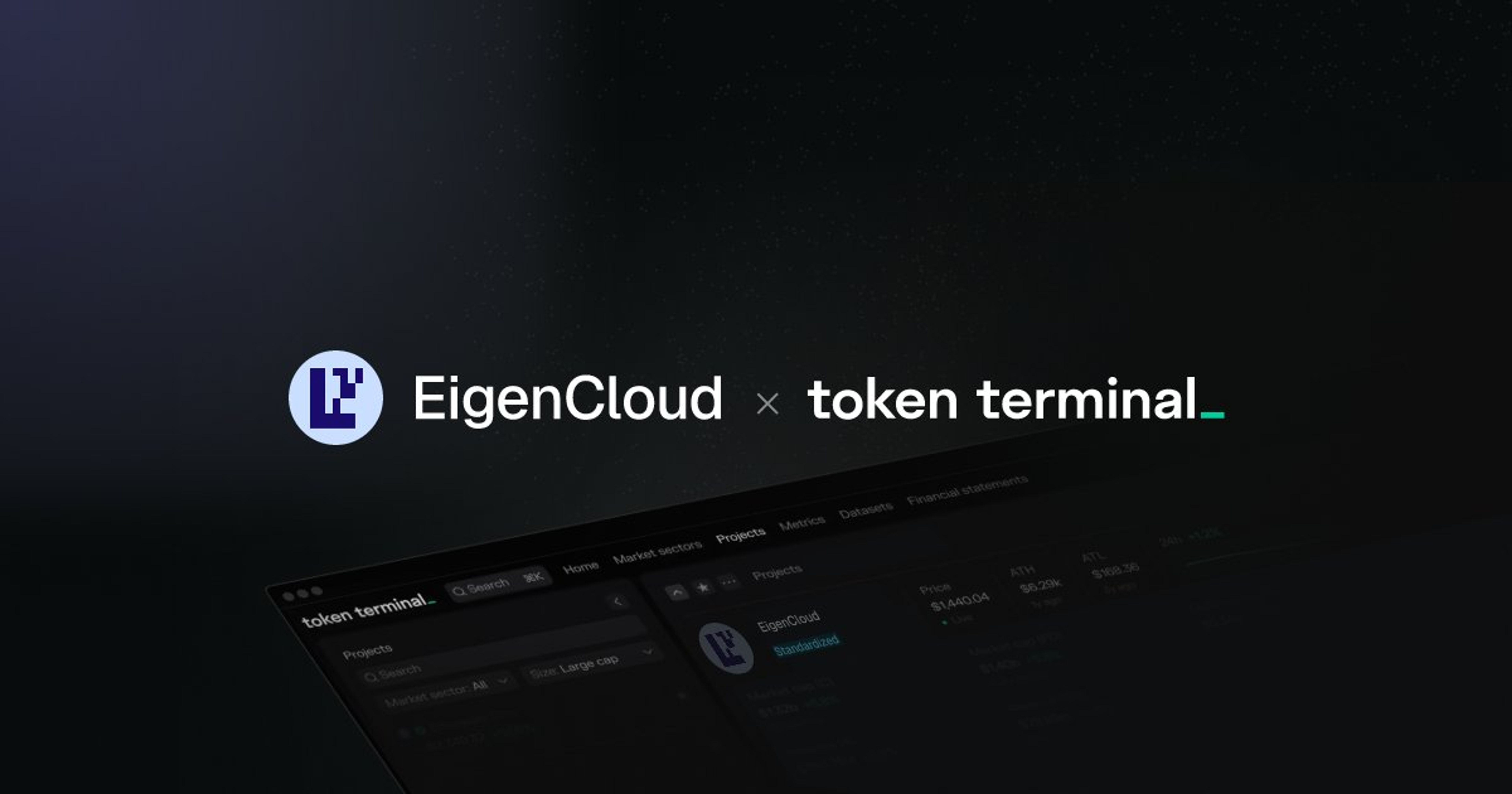
In this article, we provide a breakdown of the operational costs of MakerDAO, Lido, and SushiSwap.
To drive transparency and accountability in the capital markets, traditional publicly-traded companies release quarterly financial statements that break down their financial performance for all relevant stakeholders. Investors are able to analyze both the revenue and the expense side of the companies through these reports.
For DAOs things are a bit different. Most DAOs manage smart contracts that are public by default. This means that the revenue side of these organizations is often relatively easy to track. However, the expense side of DAOs is often not public by default, as core contributors' salaries and other costs are managed via traditional offchain entities.
But there are a few exceptions. This article goes through the expense structure of three major DAOs that have made their operational costs public: MakerDAO, Lido, and SushiSwap.
Key takeaways
- While some of the contracts that a DAO manages may run relatively autonomously, there are often many areas of the business (smart contract development & growth/adoption) that require human input. As a result, running a DAO can be quite expensive, with average annual salaries at MakerDAO, Lido, and SushiSwap landing at $205k, $132k, and $256k, respectively.
- MakerDAO currently hosts a public dashboard that tracks the ongoing Core Unit expenses, while SushiSwap is planning to release a similar dashboard in Q1 2023. Meanwhile, Lido has released their annual budgets through separate governance forum posts.
- The majority of DAOs have yet to make their budget/expense data available to the public. We expect this to change, as tokenholders take on a more active role in DAO governance, and start demanding increased transparency around key business metrics.
MakerDAO
- Total revenue (FY2022): $37.75m
- Annual expenses (2022-2023): $34.09m
- Annual salaries, incl. in expenses (2022-2023): $23.50m
- Number of FTEs: 104.41
- Annual expenses per FTE: $326.5k
- Annual salaries per FTE: $225.1k
MakerDAO previously received some criticism for its generous Core Unit budgets, and is now in the process of off-boarding some of them, after MakerDAO founder Rune Christensen's Endgame governance proposal was passed in October 2022.
Through the off-boarding of e.g. the Strategic Happiness and Events Core Units, a reduction of ~$2.3m will be made to MakerDAO's annual expenses.
Lido
- Total revenue (FY2022): $33.32m
- Annual expenses (2022-2023): $24.51m
- Annual salaries, incl. in expenses (2022-2023): $10.95m
- Number of FTEs: 83
- Annual expenses per FTE: $295.3k
- Annual salaries per FTE: $132.0k
While the initial Core Contributors Provisional Budget, which was shared in July 2022, supported a headcount of 83, a follow-up governance post was shared in November 2022, which stated that the DAO's headcount was expected to grow to 96 within the next 6 months, suggesting a potential expansion of the core contributors budget.
SushiSwap
- Total revenue (FY2022): $16.75m
- Annual expenses (2022-2023): $5.22m
- Annual salaries, incl. in expenses (2022-2023): $4.74m
- Number of FTEs: 18.5
- Annual expenses per FTE: $282.0k
- Annual salaries per FTE: $256.3k
In October 2022, SushiSwap CEO Jared Grey proposed to reallocate 100% of xSUSHI revenue to the protocol treasury instead of it being distributed to SUSHI tokenholders.
The proposal was later passed in January 2023, which means that the SushiSwap treasury could potentially receive close to ~$15m in extra trading fee income over the course of 2023.
Operational expenses breakdown
1. Tech vs. non-tech FTEs
Most full-time employees (FTEs) in DAOs have technical roles, with ~70% of the team members at MakerDAO and Lido performing tech-related work (e.g. smart contract development, oracle maintenance, data analytics, etc).
2. Tech vs. non-tech expenditure
MakerDAO currently allocates ~70% of its total budget to technical teams. For Lido, tech spend accounts for ~60% of the total budget.
3. Data analytics expenditure
MakerDAO and Lido currently spend $2m and $1.3m per year, respectively, on onchain data analytics.
4. Smart contract & cyber security expenditure
MakerDAO and Lido spend $3.9m and $3m per year, respectively, on smart contract and cyber security. This spend comprises both external audits and investments into internal risk management processes.
It's worth noting that MakerDAO and Lido currently hold $7.2b and $8.1b across their smart contracts, respectively, which puts their security spend at $1 per ~$1800 of TVL (MakerDAO), and $1 per ~$2700 of TVL (Lido).
***
Methodology & sources:
MakerDAO: The annual expenses are projected by taking the actual expenses recorded in the preceding 3 months (October - December 2022), multiplied by 4:
- Expense source: https://expenses.makerdao.network/
- Revenue source: https://tokenterminal.com/terminal/projects/makerdao
Lido: The annual budget is taken from the Lido governance forum posts:
- Expense source: https://research.lido.fi/t/lido-dao-core-contributors-provisional-budget/2556
- Revenue source: https://tokenterminal.com/terminal/projects/lido-finance
SushiSwap: The annual budget is taken from SushiSwap CEO Jared Grey's annual budget provision post on Twitter. For the tech vs. non-tech breakdown charts, we have classified the FTEs as technical and contractors as non-technical:
- Expense source: https://jared-grey.medium.com/sushi-revitalized-f2e9161d293f, https://twitter.com/jaredgrey/status/1602701300520652800
- Revenue source: https://tokenterminal.com/terminal/projects/sushiswap
The authors of this content, or members, affiliates, or stakeholders of Token Terminal may be participating or are invested in protocols or tokens mentioned herein. The foregoing statement acts as a disclosure of potential conflicts of interest and is not a recommendation to purchase or invest in any token or participate in any protocol. Token Terminal does not recommend any particular course of action in relation to any token or protocol. The content herein is meant purely for educational and informational purposes only, and should not be relied upon as financial, investment, legal, tax or any other professional or other advice. None of the content and information herein is presented to induce or to attempt to induce any reader or other person to buy, sell or hold any token or participate in any protocol or enter into, or offer to enter into, any agreement for or with a view to buying or selling any token or participating in any protocol. Statements made herein (including statements of opinion, if any) are wholly generic and not tailored to take into account the personal needs and unique circumstances of any reader or any other person. Readers are strongly urged to exercise caution and have regard to their own personal needs and circumstances before making any decision to buy or sell any token or participate in any protocol. Observations and views expressed herein may be changed by Token Terminal at any time without notice. Token Terminal accepts no liability whatsoever for any losses or liabilities arising from the use of or reliance on any of this content.
Stay in the loop
Join our mailing list to get the latest insights!
Continue reading

Customer stories: Token Terminal’s Data Partnership with Linea
Through its partnership with Token Terminal, Linea turns transparency into a competitive advantage and continues to build trust with its growing community.

Introducing Tokenized Assets
Token Terminal is expanding its standardized onchain analytics to cover the rapidly growing category of tokenized real-world assets (RWAs) – starting with stablecoins, tokenized funds, and tokenized stocks.

Customer stories: Token Terminal’s Data Partnership with EigenCloud
Through its partnership with Token Terminal, EigenCloud turns transparency into a competitive advantage and continues to build trust with its growing community.